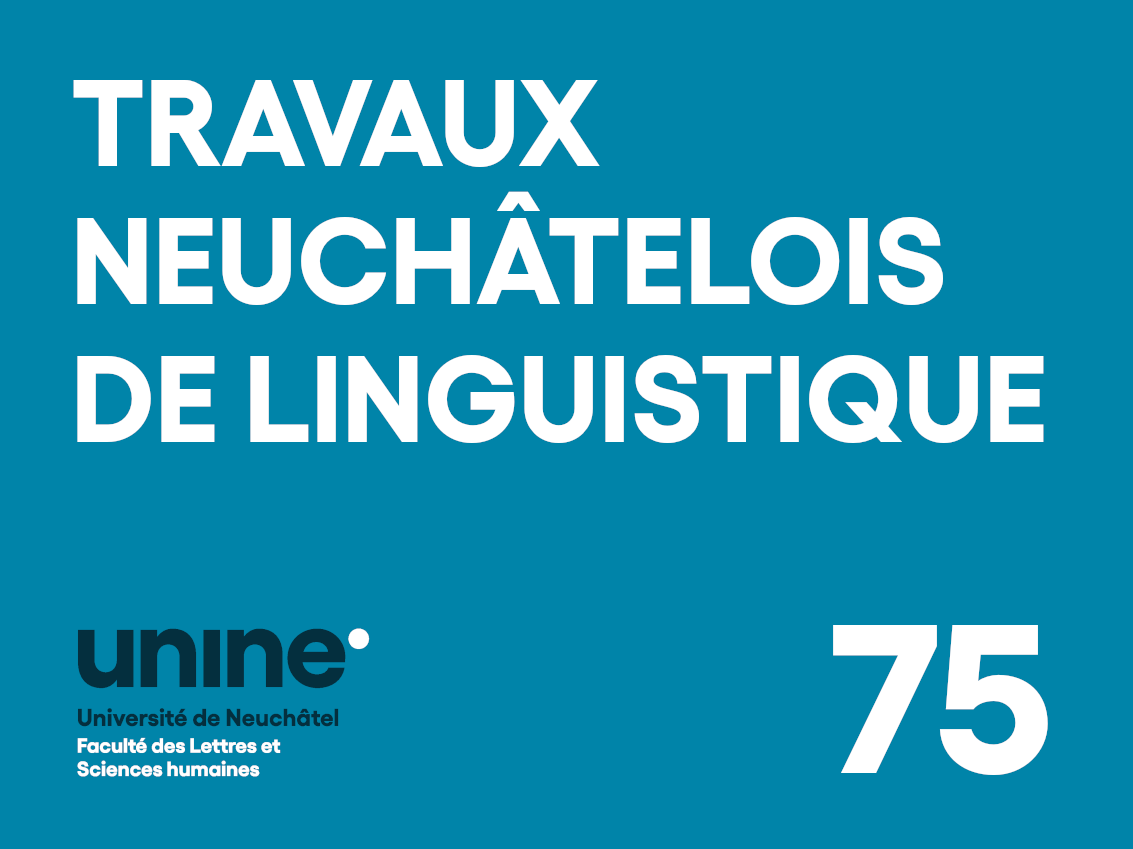Circonscrire le discours de haine numérique. Processus argumentatifs, idéologies et mémoires discursives
DOI :
https://doi.org/10.26034/tranel.2021.3004Résumé
This paper aims to characterize the discursive processes of hate speech, direct or hidden, and to analyze how digital practices could affect them. We anchor our reflection in the framework of the role of power relations and ideologies that determine hate speech through the notions of preserved ethos and "discursive memory". In this sense, our analyses involve a critical argumentative and sociolinguistic approach to discourse. In such a perspective, circulating ideologies are to be grasped from the point of view of discursive struggles and power relations. Our analysis will be based on a corpus of comments posted in response to a publication on the Facebook page "Tous contre l'Homophobie", pleading for the right to adoption for homosexual couples.Téléchargements
Publié-e
01-01-2021
Comment citer
Moïse, C., Hugonnier, C., Guellouz, M., & Lorenzi Bailly, N. (2021). Circonscrire le discours de haine numérique. Processus argumentatifs, idéologies et mémoires discursives. Travaux neuchâtelois De Linguistique, (75), 41–60. https://doi.org/10.26034/tranel.2021.3004
Numéro
Rubrique
Article thématique


